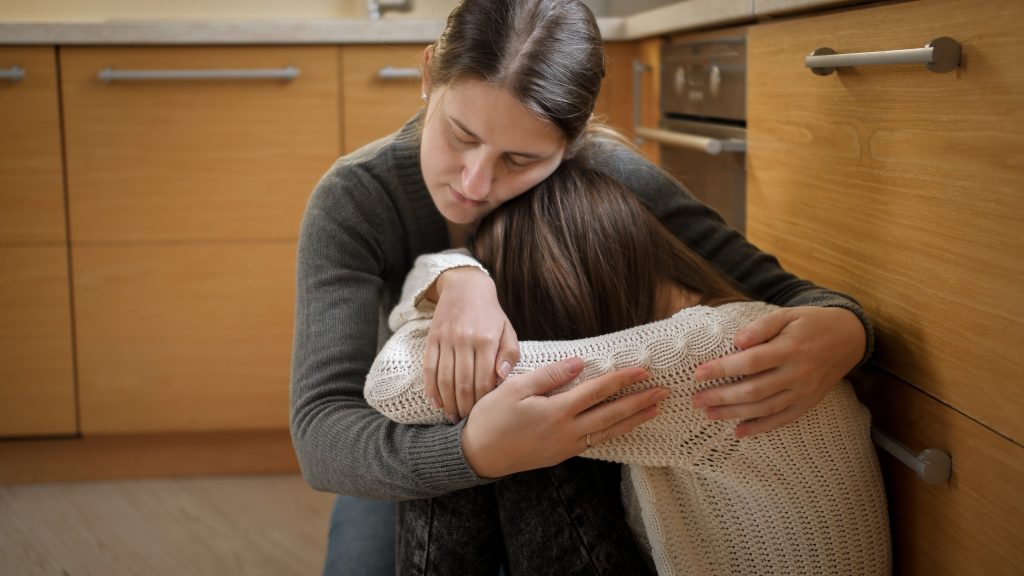Cook Children’s on How to Help Parents Support Their Children’s Emotions
This article was written for Cook Children’s Checkup Newsroom and is part of a series on helping families come to terms with the tragedy of the Central Texas floods. It is shared with permission.

Cook Children’s understands that the tragedy in Central Texas can bring a surge of feelings and emotions. This may be difficult for a child, and even an adult, to navigate. Cook Children’s family therapist, Karen Abonza, LCSW, shares how and when parents should start the conversation.
How do parents talk to their kids about the flooding in Central Texas?
First, allow the child to approach you and see what type of questions they have. Let them speak freely and stick to age-appropriate facts, while also validating their emotions or what they might be expressing.
You do not want to give them too much information or detail because they may become more overwhelmed, stressed, and anxious about the situation.

How do you make your child feel comfortable approaching you with their concerns and emotions?
We always want the child to approach us without us putting our perspective into the situation. I would try sitting at the table together, bringing out what they love best. For example, a 5-year-old might like to color, or a 12-year-old may enjoy crafting. Let them take part in the activity and ask them how they feel about the recent events.
If they do bring it up, this is when you can put them at ease by talking through their feelings. You can tell them, “Okay. Let’s do this activity together and as we’re doing this activity, let’s express how we are feeling.”
Let them guide the conversation. Listening and answering questions age appropriately while reassuring them.
Why is it important to have conversations with your children?
We must talk to them because not talking about it can cause trauma, distress, anxiety and even PTSD. Children might see the news and reflect on themselves, thinking, “It could happen to me.”
Parents and caregivers should explain that you are there for them. If the child is going to camp and has concerns, families can come up with a plan to offer reassurance.

What should parents do if their child is worried, but they, too, are grappling with their own emotions?
If you are not ready to have the conversation, we can assist them or have the other parent/ caregiver step in. It is always great to have someone who is calm and collected, rather than someone who is anxious, overwhelmed and distressed, because you will just pass on that anxiety to the child.
Cook Children’s wants to reassure parents and caregivers that you are not alone. If you are not ready to have the conversation, you can seek professional help. Learn more about Cook Children’s behavioral health services or to schedule an appointment for your child, contact 682-885-3917.
When should you seek out professional help?
If your child is having symptoms:
- Loss of appetite
- Feelings of overwhelm
- Feelings of helplessness
- Jittery
- Difficulty concentrating
- They are not able to do their daily routine.
Learn more about Cook Children’s resources online and behavioral health services. Families can access mental health resources 24/7 through MHMR by calling 1-800-866-2465.


 Sign in
Sign in

